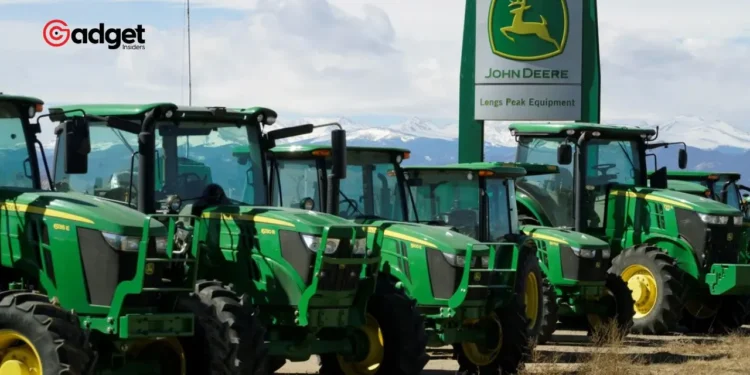As John Deere, the agricultural equipment titan known for its iconic green tractors, announces hundreds of layoffs across the United States, the mood among its workforce is somber. The decision to move more production to Mexico has sparked accusations of greed from the very people who have long served the company.
In the quaint town of East Moline, Illinois, at the John Deere Harvester Works plant, the anxiety is palpable. Workers receive news of impending layoffs almost daily, stirring a sense of uncertainty that pervades the plant.
A veteran employee, speaking on condition of anonymity, expressed a deep-seated frustration with the motives behind the company’s decisions. “The only reason for Deere to do this is greed,” they remarked, reflecting a sentiment shared by many of their colleagues.
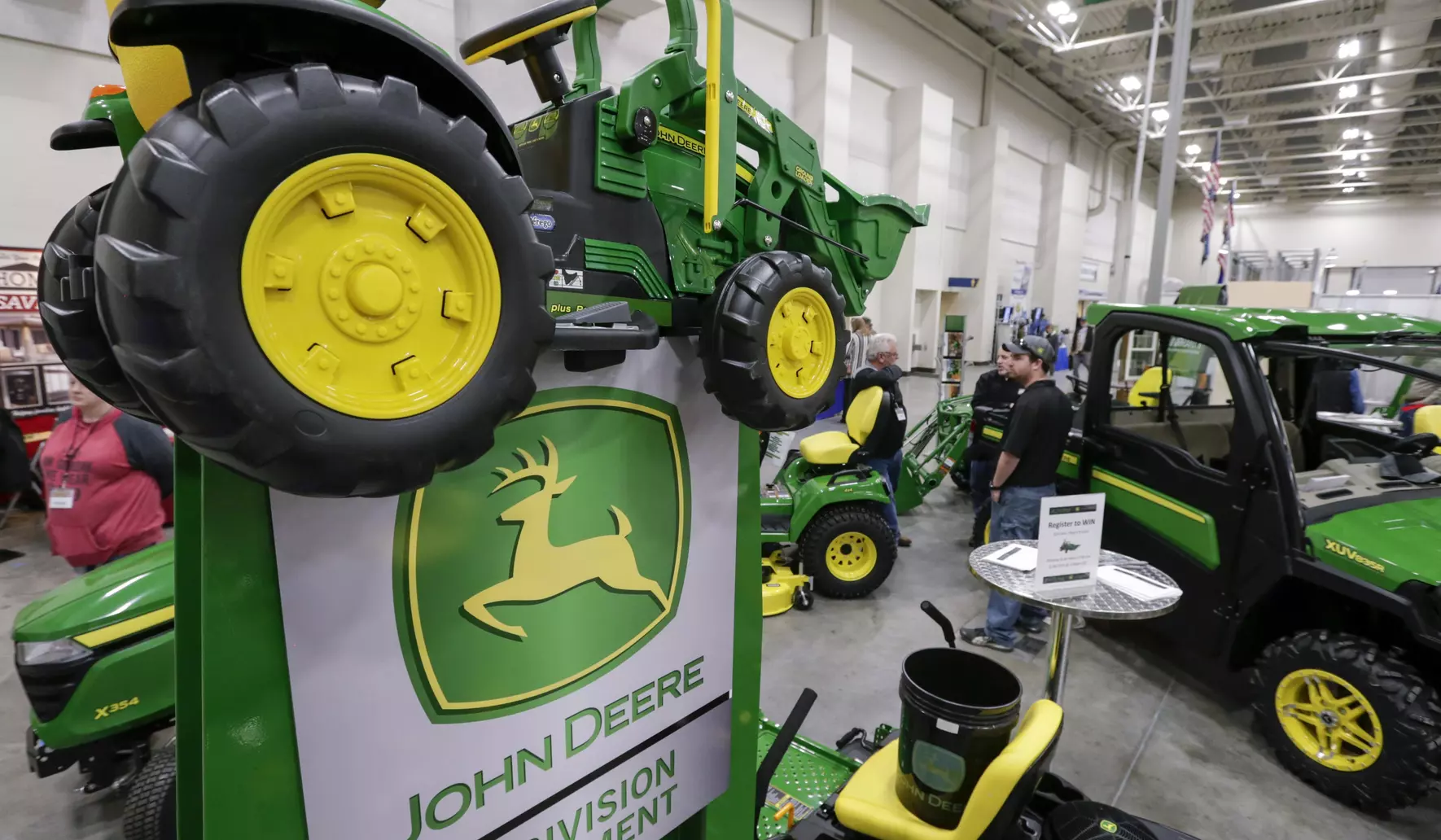
John Deere: The Financial Backdrop
This unrest comes against a backdrop of significant financial success for John Deere. In fiscal year 2023, the company reported a profit exceeding $10 billion. CEO John May received a staggering $26.7 million in total compensation. Meanwhile, the company has not shied away from rewarding its shareholders, spending over $7.2 billion on stock buybacks and distributing more than $1.4 billion in dividends.
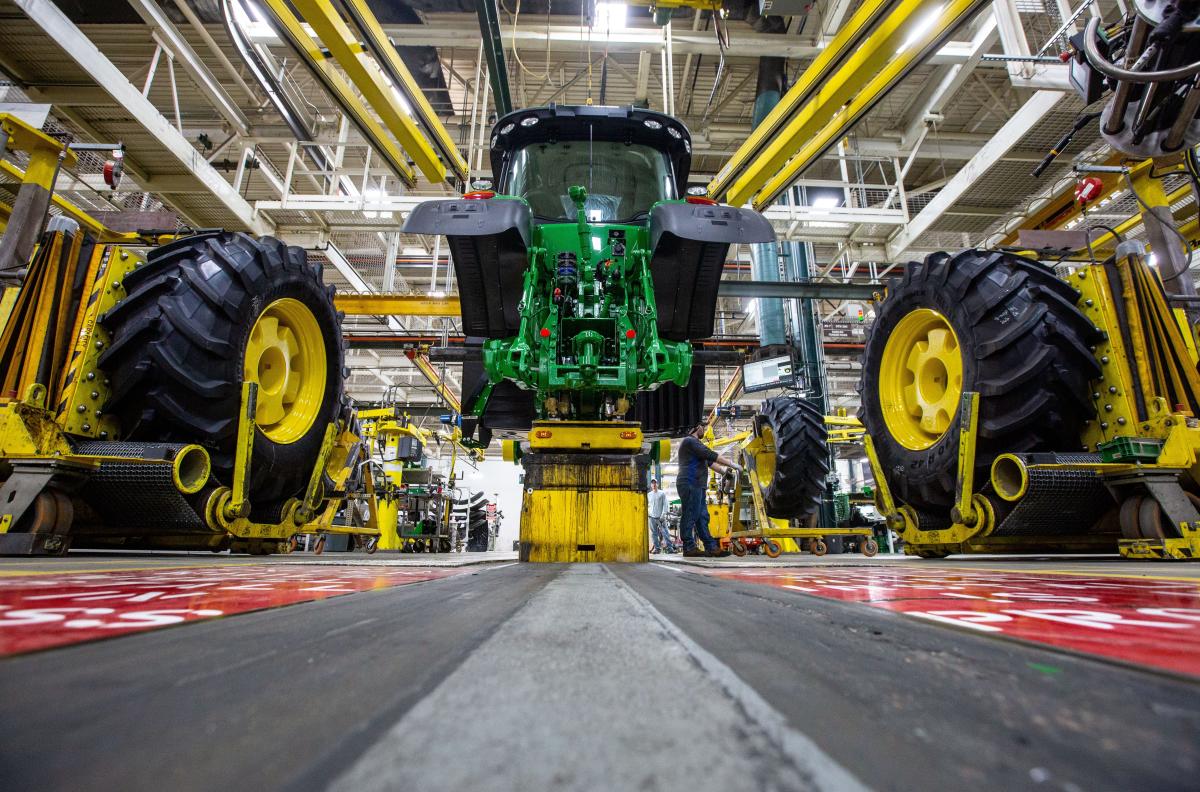
The Human Impact of Corporate Decisions
The narrative of corporate profitability contrasting sharply with local job losses is not new, but it is particularly poignant in communities dependent on manufacturing jobs. In Ottumwa, Iowa, where the local economy is already limited, the fear of job losses looms large.
Chris Laursen, a long-term employee who recently opted for early retirement after winning his job back through union efforts, voiced his concerns. “Losing John Deere would be an extremely big loss for communities like mine,” he said, pointing out the limited employment opportunities in areas heavily reliant on single industries.
Laursen and his coworkers view the move to Mexico as a strategic but troubling sign of the times. The cost advantages of cheaper labor and material costs in Mexico make it an attractive option for multinational corporations but at a significant cost to American workers and their communities.
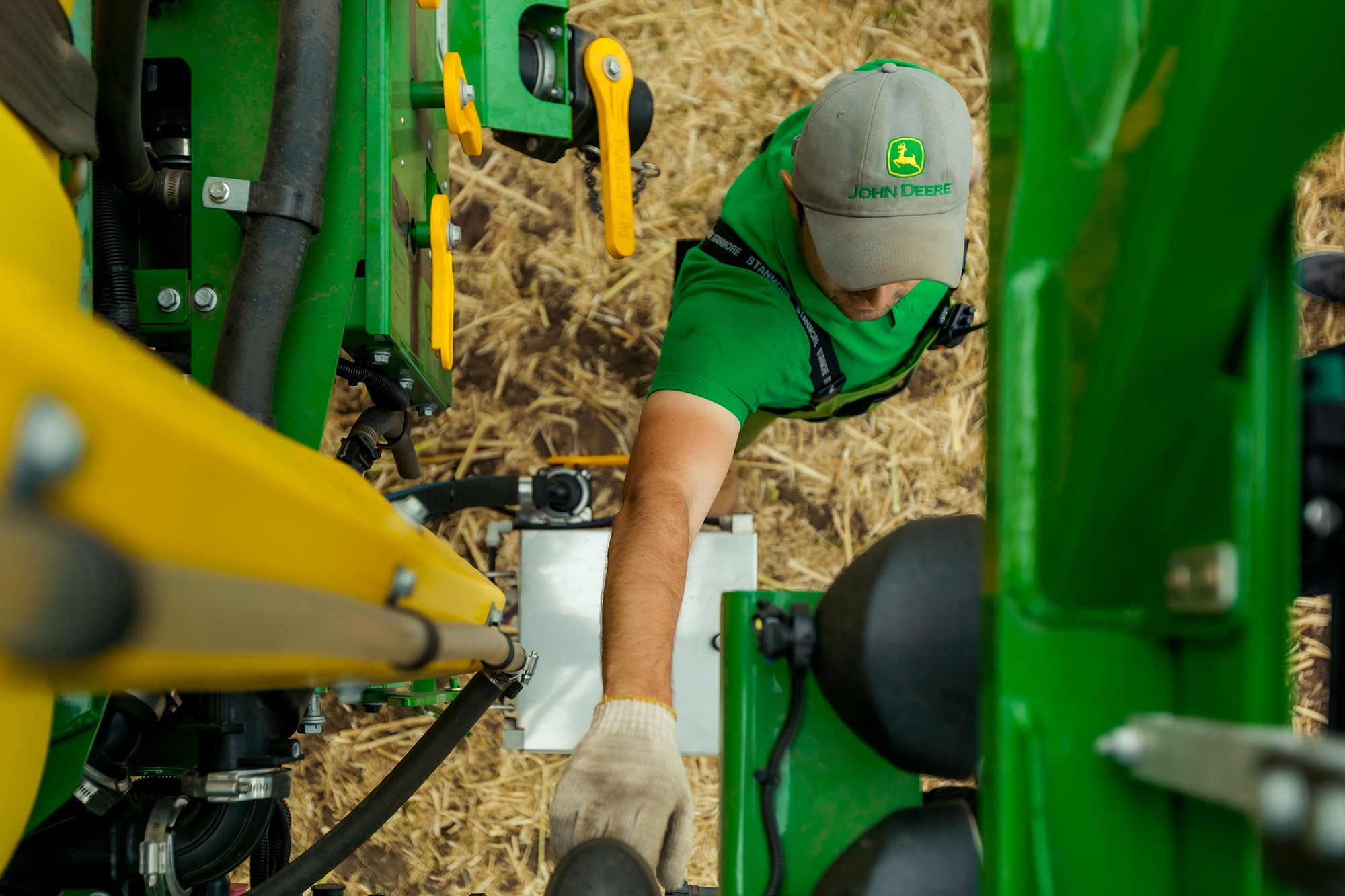
The Bigger Picture
The shift in production is not limited to small components or temporary measures; it signifies a long-term strategic realignment. John Deere has announced plans to relocate the production of skid steer loaders and compact track loaders from its Dubuque, Iowa plant to Mexico by late 2026.
This follows a previous announcement in 2022 about moving cab production from Iowa to Mexico, impacting 250 employees. Such moves are part of a broader trend affecting the manufacturing sector in the United States, where the loss of good union jobs to overseas facilities is an ongoing concern.
This trend was starkly highlighted during ‘Striketober’ in 2021, a month of significant industrial action, including a strike by more than 10,000 workers represented by the United Auto Workers at 14 John Deere plants across several states. The strike, which made headlines nationwide, ended with the ratification of a new six-year union contract.
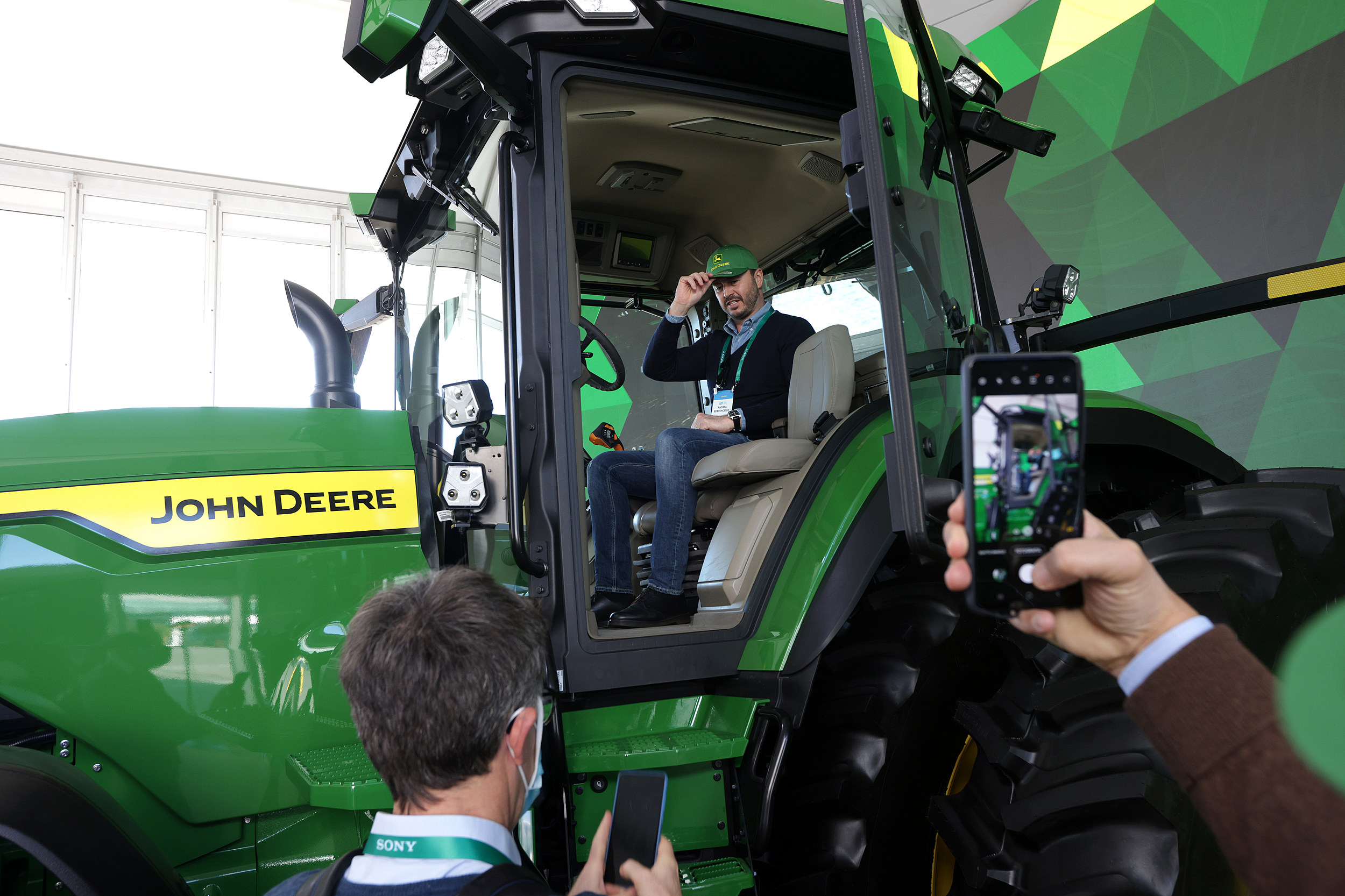
Looking Ahead
As John Deere continues to navigate its global strategy, the workers left in the wake of these decisions face an uncertain future. The company’s move to shift production to Mexico is a clear indicator of the changing landscape of American manufacturing, where the balance between corporate profit and community welfare continues to be a contentious issue.
As more information about upcoming layoffs emerges, all eyes will be on how one of America’s most iconic brands manages the delicate balance of growth and responsibility.

